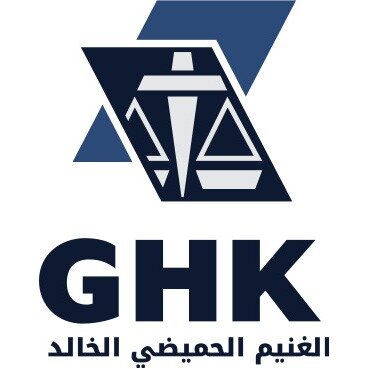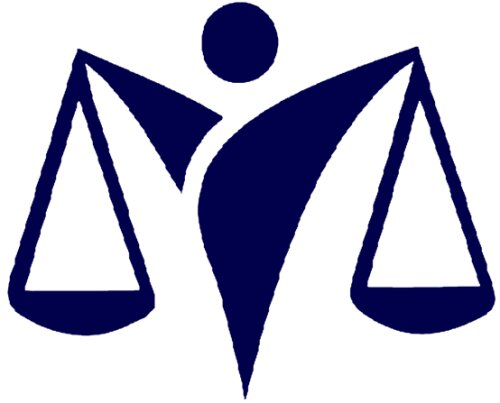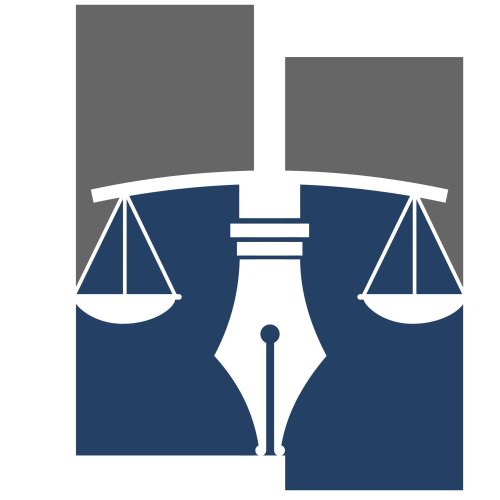Best Mining Law Lawyers in Kuwait
Share your needs with us, get contacted by law firms.
Free. Takes 2 min.
Or refine your search by selecting a city:
List of the best lawyers in Kuwait
About Mining Law in Kuwait
Mining Law in Kuwait governs the exploration, extraction, and management of natural resources found beneath the earth's surface within the country's borders. While Kuwait is globally recognized for its oil and gas reserves, mining law also addresses permit requirements for the extraction of other minerals and materials such as sand, gravel, and other industrial resources. The framework is designed to regulate the industry's growth, ensure sustainable practices, and protect both investors and the environment.
Why You May Need a Lawyer
Mining activities involve complex regulations, multiple government authorities, and significant investment. A lawyer specialized in Mining Law can assist in navigating licensing procedures, understanding contractual obligations, handling disputes, and ensuring compliance with environmental and safety standards. Whether you are a foreign investor, a local business, or an individual landowner, legal advice is crucial for issues such as negotiating exploration rights, resolving land use conflicts, responding to regulatory changes, and protecting your legal interests if disputes arise.
Local Laws Overview
Mining activities in Kuwait are primarily regulated by government ministries through specialized legislation and decrees. The Ministry of Oil, the Ministry of Commerce and Industry, and the Public Authority for Industry are key stakeholders. Mining and extraction licenses are mandatory, and approval often involves multiple stages of assessment, including environmental impact reviews and resource management plans. Under Kuwaiti law, natural resources are state property unless stated otherwise by specific agreements. Foreign participation in mining is subject to additional scrutiny and may require joint ventures with local partners. There are also rules for resource transportation, labor safety, royalty payments, and land restoration after mining operations.
Frequently Asked Questions
What minerals and resources are commonly subject to mining law in Kuwait?
While oil and gas are the primary resources, mining law also covers sand, gravel, clay, gypsum, limestone, and other industrial minerals found within Kuwait.
Who owns the mineral resources in Kuwait?
According to Kuwaiti law, all mineral resources belong to the State of Kuwait, with extraction rights granted through licenses and permits issued by relevant authorities.
What government bodies regulate mining activities?
The primary regulators are the Ministry of Oil, the Ministry of Commerce and Industry, and the Public Authority for Industry, depending on the resource and extraction method.
How does one obtain a mining or exploration license?
Applicants must submit detailed proposals, technical documentation, and environmental assessments to the responsible ministry, which grants licenses after extensive review and evaluation.
Are there restrictions on foreign ownership or investment?
Yes, foreign investors may face regulatory restrictions and often need to partner with Kuwaiti entities to obtain mining rights and conduct related activities.
What environmental regulations apply to mining operations?
Mining projects must comply with Kuwaiti environmental protection laws, which require environmental impact assessments, proper waste management, and land rehabilitation after extraction activities.
What are the penalties for violating mining laws in Kuwait?
Penalties include heavy fines, suspension or revocation of licenses, compensation for environmental damage, and, in severe cases, criminal prosecution.
What types of agreements are common in the mining sector?
Common agreements include joint venture contracts, exploration and production sharing contracts, royalty agreements, and land access contracts. Legal review is necessary to protect all parties' interests.
Can individuals or companies appeal regulatory decisions?
Yes, there are administrative procedures for appealing or reviewing decisions regarding license rejections, penalties, or disputes over resource rights.
What legal considerations must be addressed in mining disputes?
Disputes may involve land rights, breach of contract, environmental liability, or regulatory compliance. Legal representation is essential for negotiating settlements or pursuing litigation.
Additional Resources
- Ministry of Oil: Overseeing oil and gas, as well as other mineral rights and regulations - Ministry of Commerce and Industry: Handles commercial and industrial license applications - Public Authority for Industry: Regulates industrial mining operations and standards - Environmental Public Authority: Monitors and enforces environmental standards in mining - Kuwait Chamber of Commerce and Industry: Offers support and guidance for business regulations - Legal Aid Centers and professional law firms: Provide legal advice and representation on mining matters
Next Steps
If you require legal assistance in Mining Law, start by gathering relevant documents such as land deeds, existing permits, and communications with regulatory authorities. Contact a lawyer or law firm experienced in Kuwaiti Mining Law for an initial consultation. Be prepared to discuss the specifics of your case and outline your objectives. Your lawyer can advise you on compliance, represent you before government bodies, and assist in negotiations or dispute resolution. Staying informed and proactively seeking legal advice can help you navigate the complexities of mining law in Kuwait and protect your interests at every stage.
Lawzana helps you find the best lawyers and law firms in Kuwait through a curated and pre-screened list of qualified legal professionals. Our platform offers rankings and detailed profiles of attorneys and law firms, allowing you to compare based on practice areas, including Mining Law, experience, and client feedback.
Each profile includes a description of the firm's areas of practice, client reviews, team members and partners, year of establishment, spoken languages, office locations, contact information, social media presence, and any published articles or resources. Most firms on our platform speak English and are experienced in both local and international legal matters.
Get a quote from top-rated law firms in Kuwait — quickly, securely, and without unnecessary hassle.
Disclaimer:
The information provided on this page is for general informational purposes only and does not constitute legal advice. While we strive to ensure the accuracy and relevance of the content, legal information may change over time, and interpretations of the law can vary. You should always consult with a qualified legal professional for advice specific to your situation.
We disclaim all liability for actions taken or not taken based on the content of this page. If you believe any information is incorrect or outdated, please contact us, and we will review and update it where appropriate.
Browse mining law law firms by city in Kuwait
Refine your search by selecting a city.















